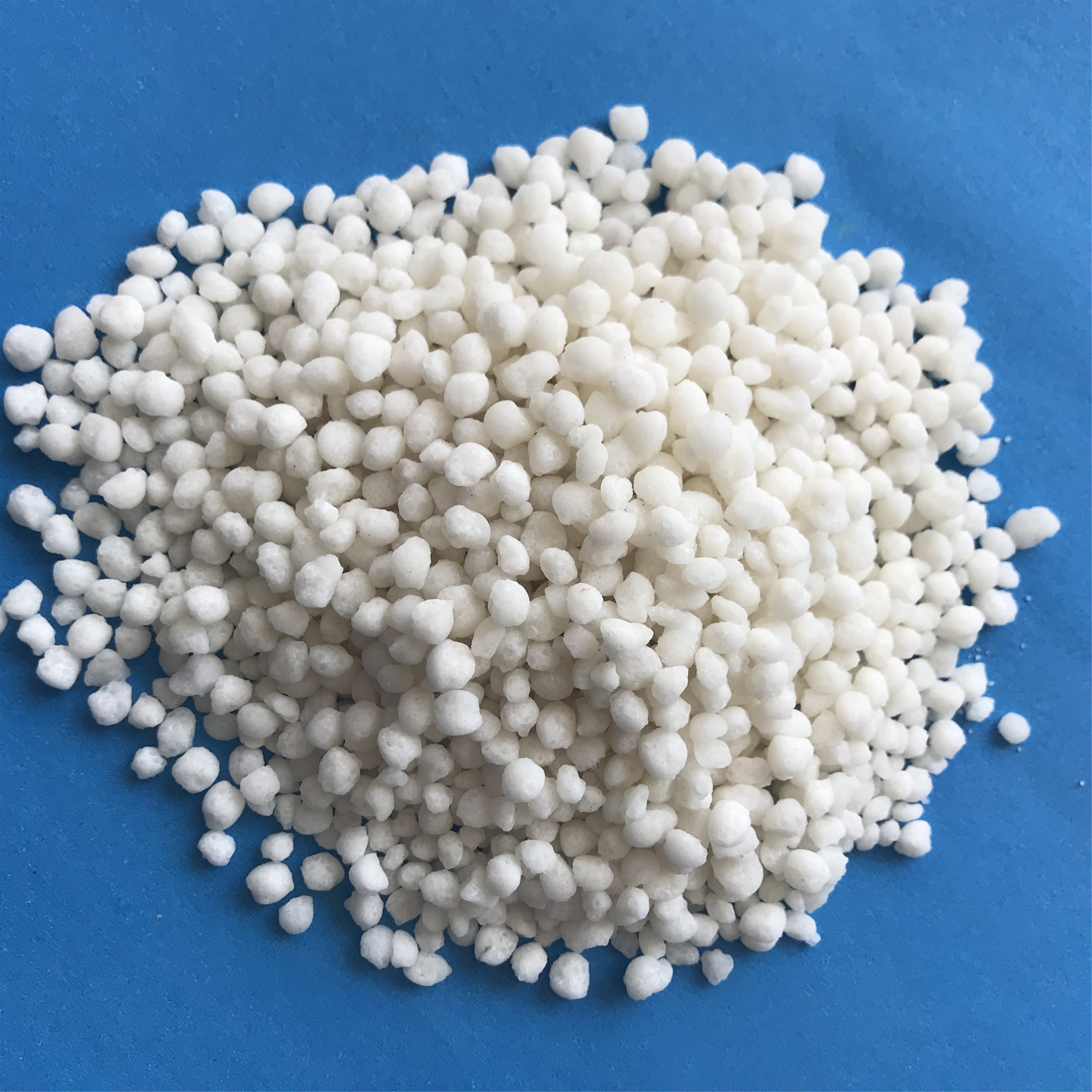



Understanding the Acidic or Basic Nature of Sodium Chlorate Solutions
Understanding Sodium Chlorate Acidic or Basic?
Sodium chlorate (NaClO₃) is an inorganic compound that forms a key component in various industrial applications, particularly in the production of chlorine dioxide and as a herbicide. Its classification as either an acid or a base is crucial for understanding its reactions and behavior in different environments. In this article, we will explore the chemical properties of sodium chlorate, its behavior in aqueous solutions, and its practical implications.
Chemical Structure and Properties
Sodium chlorate consists of sodium cations (Na⁺) and chlorate anions (ClO₃⁻). The chlorate ion is notable for its triatomic structure and contains chlorine in a +5 oxidation state. As a salt, sodium chlorate remains neutral in pure form, meaning it does not exhibit the characteristics of a strong acid or base. However, when dissolved in water, its behavior can be influenced by several factors.
Behavior in Water
When sodium chlorate is dissolved in water, it dissociates into sodium ions and chlorate ions. The solution itself is generally neutral, with a pH around 7, indicating that it does not significantly alter the acidity or basicity of the water. Unlike strong acids or bases that drastically change pH levels upon dissolution, sodium chlorate does not release protons (H⁺) or hydroxide ions (OH⁻) into the solution.
One interesting aspect of chlorate ions is their potential to participate in redox reactions. In particular, chlorate can act as an oxidizing agent, especially under acidic conditions. When exposed to strong acids, chlorate ions can undergo reduction, leading to the release of chlorine dioxide or even chlorine gas. This reaction, however, does not change the fundamental nature of sodium chlorate as a neutral salt in aqueous systems.
Acid-Base Reactions
sodium chlorate acid or base

While sodium chlorate itself is not classified as an acid or base, it can interact with other chemical species in acid-base reactions. For instance, when sodium chlorate reacts with strong acids like sulfuric acid (H₂SO₄), the resultant products include hydrogen ions (H⁺), which confer acidity to the solution. The behavior of sodium chlorate in such scenarios highlights its role as a participant in defining the solution's pH rather than altering it on its own.
In summary, sodium chlorate may influence the acidity or basicity of a solution when introduced to strong acids, but by itself, it remains neutral. Its oxidizing nature further complicates its classification in specific contexts, provided other reactive species are present.
Applications and Safety Considerations
Sodium chlorate has various practical applications, particularly in the paper and pulp industry for bleaching purposes, due to its oxidizing properties. It is also utilized in agriculture as a herbicide. Given its strong oxidizing characteristics, handling sodium chlorate requires adherence to safety protocols to avoid accidents. The compound can pose risks if it comes into contact with organic materials, as it may lead to combustion or explosions under certain conditions.
Moreover, understanding the neutral behavior of sodium chlorate allows for its safe use in formulations where pH control is critical. This knowledge helps manufacturers in designing products that can maintain stability during storage and use.
Conclusion
In conclusion, sodium chlorate is a versatile compound that does not fit neatly into the categories of acid or base. While it forms neutral solutions under standard conditions, it can play a crucial role in chemical reactions that influence pH levels. Its properties as an oxidizing agent further add to its significance in various industrial applications. As with any chemical substance, understanding the nature and reactivity of sodium chlorate is vital for its safe handling and effective use across different fields. With continued research and application, sodium chlorate will likely remain an important compound in both scientific and industrial contexts.
-
Why Sodium Persulfate Is Everywhere NowNewsJul.07,2025
-
Why Polyacrylamide Is in High DemandNewsJul.07,2025
-
Understanding Paint Chemicals and Their ApplicationsNewsJul.07,2025
-
Smart Use Of Mining ChemicalsNewsJul.07,2025
-
Practical Uses of Potassium MonopersulfateNewsJul.07,2025
-
Agrochemicals In Real FarmingNewsJul.07,2025
-
Sodium Chlorite Hot UsesNewsJul.01,2025










